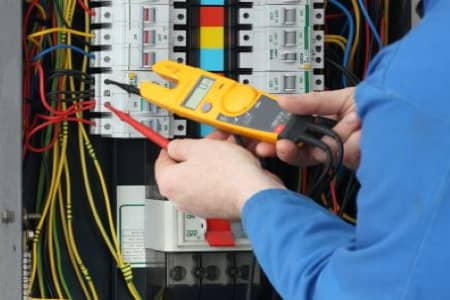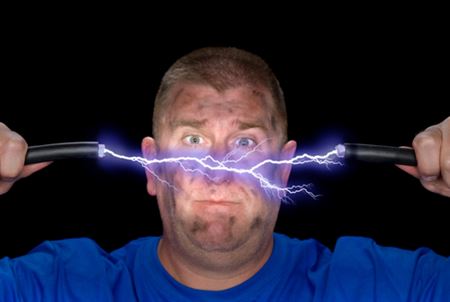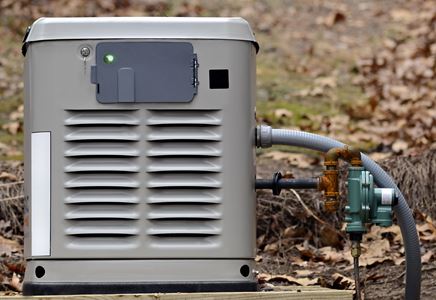Recent Tips and Articles by Precise Electric Service

When To Consider A New Electrical Panel
Your electrical panel is the heart of your home's electrical system, directing power from the utility line to all parts of your home. But like any essential component, panels age, and over time they may no longer meet the needs of a modern household. There are […]

The Dangers Of DIY Wiring Projects
DIY projects can be fun and cost-effective, but when it comes to electrical wiring, doing it yourself can lead to serious risks. Unlike tasks such as painting or basic carpentry, electrical wiring requires specialized skills and knowledge to ensure it's safe and compliant with local codes. […]

Generator Installation To Save The Day
A power outage during a severe storm can bring life to a standstill, leaving your home in the dark and essential appliances offline. With a professionally installed generator, however, you can power through these situations safely and comfortably. At Precise Electric Service, we specialize in reliable […]
Get Expert Electrical SolutionsFrom Omaha's Trusted Electricians!